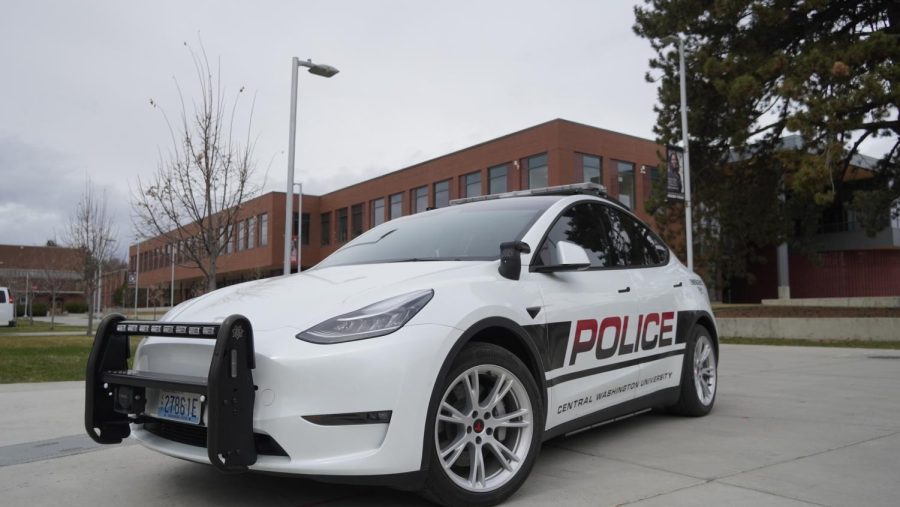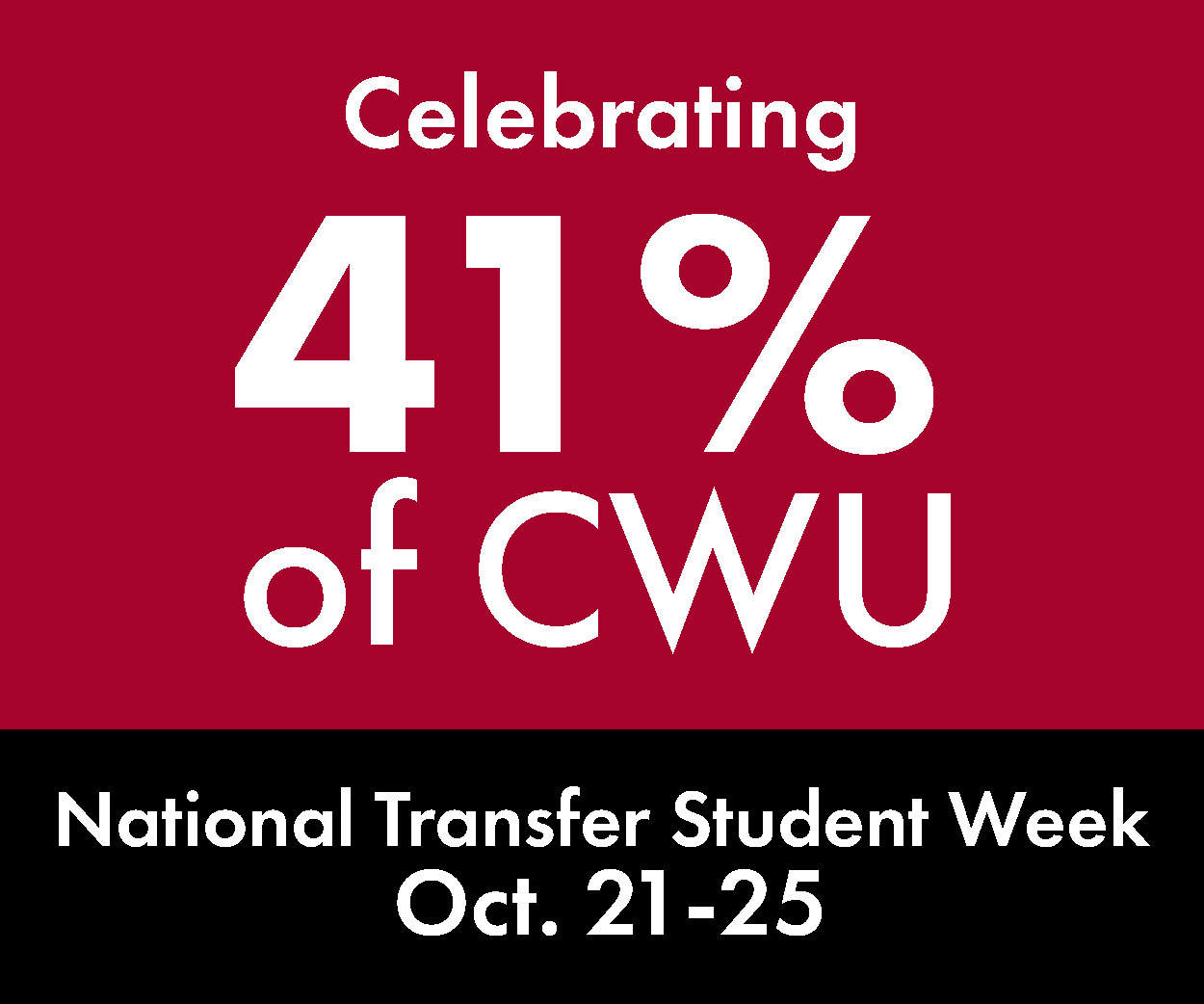No gas, no brakes, all updates: the effects of the campus police Tesla vehicle
April 5, 2023
The CWU campus police force attempted to cut down on fuel costs and greenhouse gas emissions by purchasing a long-range all-wheel-drive Tesla Model Y in 2021, and CWU Police Chief Jason Berthon-Koch provided an update on the impact of the new vehicle.
“The Tesla has been great and officers who drive it, they love it,” Berthon-Koch said.
Some challenges campus police officers have faced as a result of the new vehicle include the Tesla battery dying in the middle of a scene and the vehicle being more quiet than gas vehicles and less detectable as a result, according to Berthon-Koch.
“There’s white markings on the police car and also a light bar,” Berthon-Koch said. “It’s not going to be too sneaky. But it also creates an issue that people don’t hear you like a normal car, and they have to be much more aware of where you’re going and where you’re driving.”
Berthon-Koch said comfort should be a priority in police cars because they serve as offices for police officers, who spend upwards of eight hours a day in them.
“Some officers just simply can’t fit in it,” Berthon-Koch said. “Many seats and vehicles are not made for police gear … So, it’s important when we talk about cars and the type of cars they are going to have, we have to wonder, will it fit the officers? So I think for the ones who drive it, they like it. It’s comfortable. It drives nice and it’s quiet.”
In response to questions students posed about why campus police officers are driving what some view as a luxury vehicle, Berthon-Koch said the investment was projected to save money and support CWU’s goals of sustainability.
“I get that’s the stigma of Tesla, that it’s like a waste of money, that this is a status thing,” Berthon-Koch said. “To us, we were trying to be sustainable and trying to save money.”
The Tesla cost $56,783.91 including tax, according to email receipts provided through a public records request.
“There’s always times in your life that you have to make an investment to save money,” Berthon-Koch said. “We chose to spend about $5,000 – $6,000 more right up front, to save $18,000 over five years … So we’re thinking this car is going to last longer than that.”
While Berthon-Koch said the Tesla was intended to cut back on rising fuel expenses, he said the exact efficacy is difficult to measure.
“Fuel costs spiked, and gas is expensive,” Berthon-Koch said. “It’s very difficult for me to tell you exactly how much we spend on energy for the vehicle because the way we use our billing facilities, because we buy our gas from the facility, so they just give us a lump sum, ‘here’s what you owe us.’ So I can’t give you an exact number.”
A public records request found that the Tesla costs were covered by the university Police and Parking budget.
In 2022, Gov. Jay Inslee put in place an executive order stating most vehicles in Washington must have electric batteries by 2035.
When asked if more Teslas would be purchased in the future to follow the executive order, Berthon-Koch responded: “We don’t have the infrastructure to charge it. We can’t bring more electric cars because … we do not have enough space for a second electric car at this time. It would be very cost prohibitive right now. I believe that executive order that he [Inslee] signed also may have had an exemption for law enforcement.”



Landis Hanson • Apr 11, 2023 at 9:22 am
“Berthon-Koch said comfort should be a priority in police cars because they serve as offices for police officers, who spend upwards of eight hours a day in them.” but then continues to state that its for saving money. The reality is that the University police do not need an extra car, they barely need cars as the campus is only 3 blocks wide, and a car will get there maybe a minute faster than biking. We need to spend our university money on things that benefit students and not on luxuries for police, especially as students don’t have any say on how our money is spent.